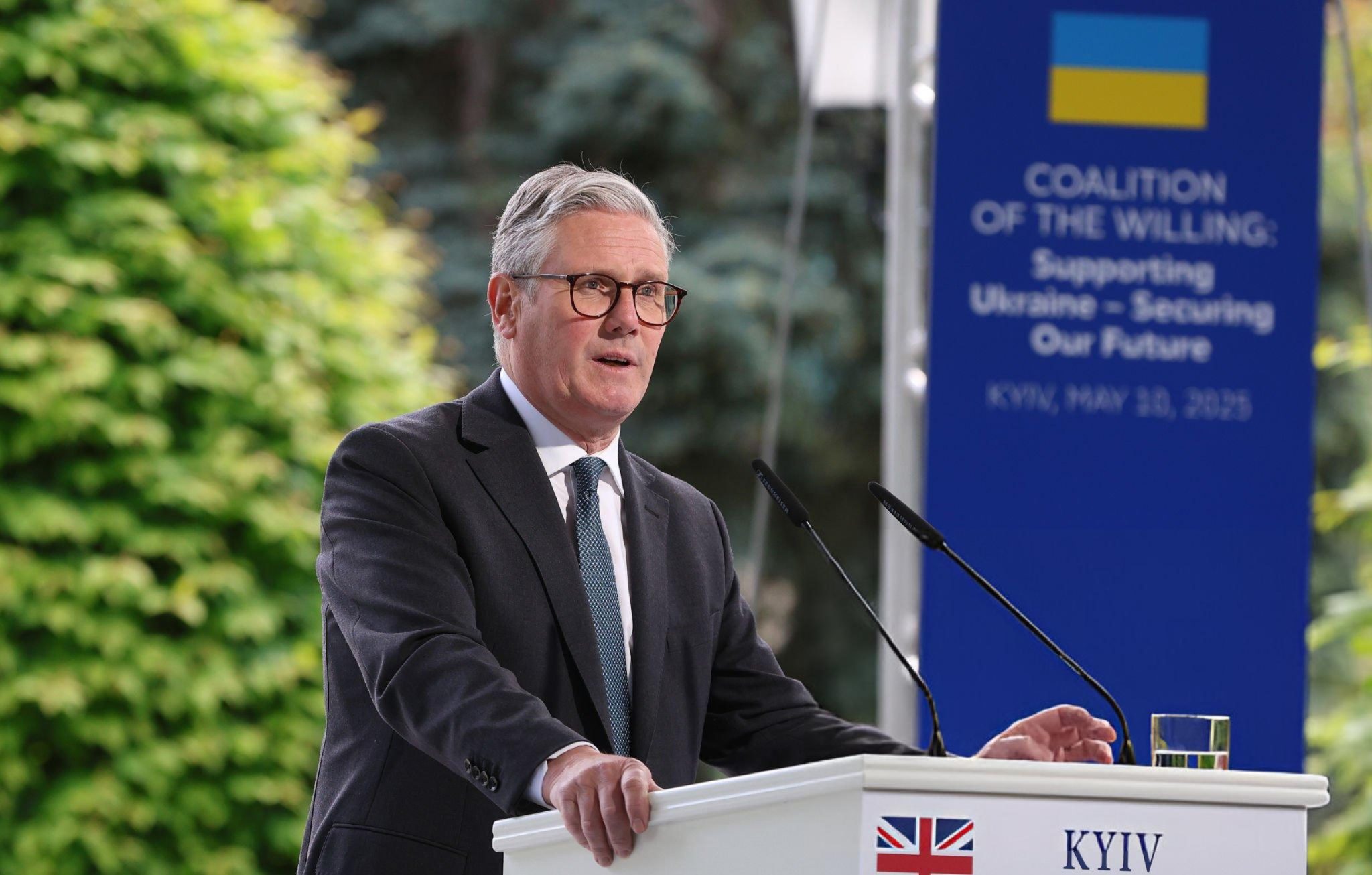Seven days to define Britain’s borders: Starmer faces critical test on immigration and growth
The United Kingdom stands at a pivotal crossroads, with the next seven days set to determine whether its borders will swing open or close tighter than ever before. At the heart of this decisive moment is a growing tension within the Labour government, caught between the political need to quell anxieties over immigration and the economic imperative to boost growth through global openness.
On monday, Prime Minister Keir Starmer unveiled a robust new immigration policy, designed to curtail the dramatic surge in arrivals witnessed in recent years. The move is widely interpreted as a direct response to the electoral threat posed by Reform UK, the populist party helmed by Nigel Farage, which has successfully capitalised on public fears surrounding immigration. The party’s recent gains in local elections and its position atop several national polls have forced Labour to confront issues the party has historically approached with caution.
However, exactly one week after this policy announcement, Starmer is set to host European Union leaders at a summit aimed at forging a post-Brexit “reset.” Top of the agenda is a proposed youth mobility scheme, which would allow young Britons and Europeans the chance to live and work abroad temporarily. Advocates of the pact see it as a welcome return to cultural exchange, but critics, particularly those on the right, decry it as the thin end of the wedge leading back to free movement and, by extension, a betrayal of Brexit.
Diplomats remain cautiously optimistic that some agreement can be reached, though the EU’s insistence on raising unrelated matters, including fishing rights and the future of Gibraltar, combined with British fears of undermining Brexit, mean negotiations remain fraught.
This debate encapsulates an enduring struggle within British governance: whether the nation should lean into globalisation and free trade, or fortify its borders in defence of domestic jobs, housing, and public services. For the past two decades, the Treasury’s pro-globalisation stance has held sway. Yet, Farage’s deft exploitation of discontent in traditional Labour heartlands—many of which voted heavily for Brexit—has tipped the scales towards a more nationalist posture.
The Prime Minister’s rhetoric this week was particularly striking. Describing recent legal migration trends as a “squalid chapter,” he warned that Britain risked becoming an “island of strangers.” The language echoed the controversial tones of Enoch Powell’s infamous “Rivers of Blood” speech in 1968, though Starmer stopped short of its outright inflammatory nature.
Buried within his proposals, however, was a significant break with decades of Treasury orthodoxy. Starmer openly questioned the widely held assumption that high immigration fuels economic growth, noting that despite record levels of migration, the UK’s growth and living standards have stagnated, especially in comparison to its G7 peers.
Central to Labour’s new strategy is a plan to phase out the care-worker visa by 2028, forcing the sector to rely more on domestic workers. But persuading British citizens to fill these roles, particularly when they can earn comparable or better wages in less demanding jobs, will require significant investment in pay and training—money the Treasury currently lacks.
Hence the push from Chancellor Rachel Reeves to pursue agreements such as the youth mobility scheme with the EU and the recently signed trade deal with India, which includes provisions for easier movement of Indian workers to the UK. Yet these measures are viewed warily by Labour MPs in the North and Midlands, fearful of appearing soft on immigration in regions where the Reform party is gaining traction.
Yet polling suggests the British public hold a more nuanced view of migration than some politicians assume. According to Ipsos, while two-thirds believe immigration levels are too high, there remains broad support for skilled workers, students, and EU nationals. Most voters reserve their ire for illegal crossings via the Channel and the strain caused by high net migration rates on overstretched public services.
For Starmer, the challenge is delicate: to reassure voters that immigration is under control while keeping Britain open enough to fuel the growth necessary to improve living standards. Ultimately, it is economic success, not border slogans, that will determine whether Labour can outflank Farage’s Reform movement. And that makes the next seven days crucial not just for Britain’s borders, but for its future prosperity.






